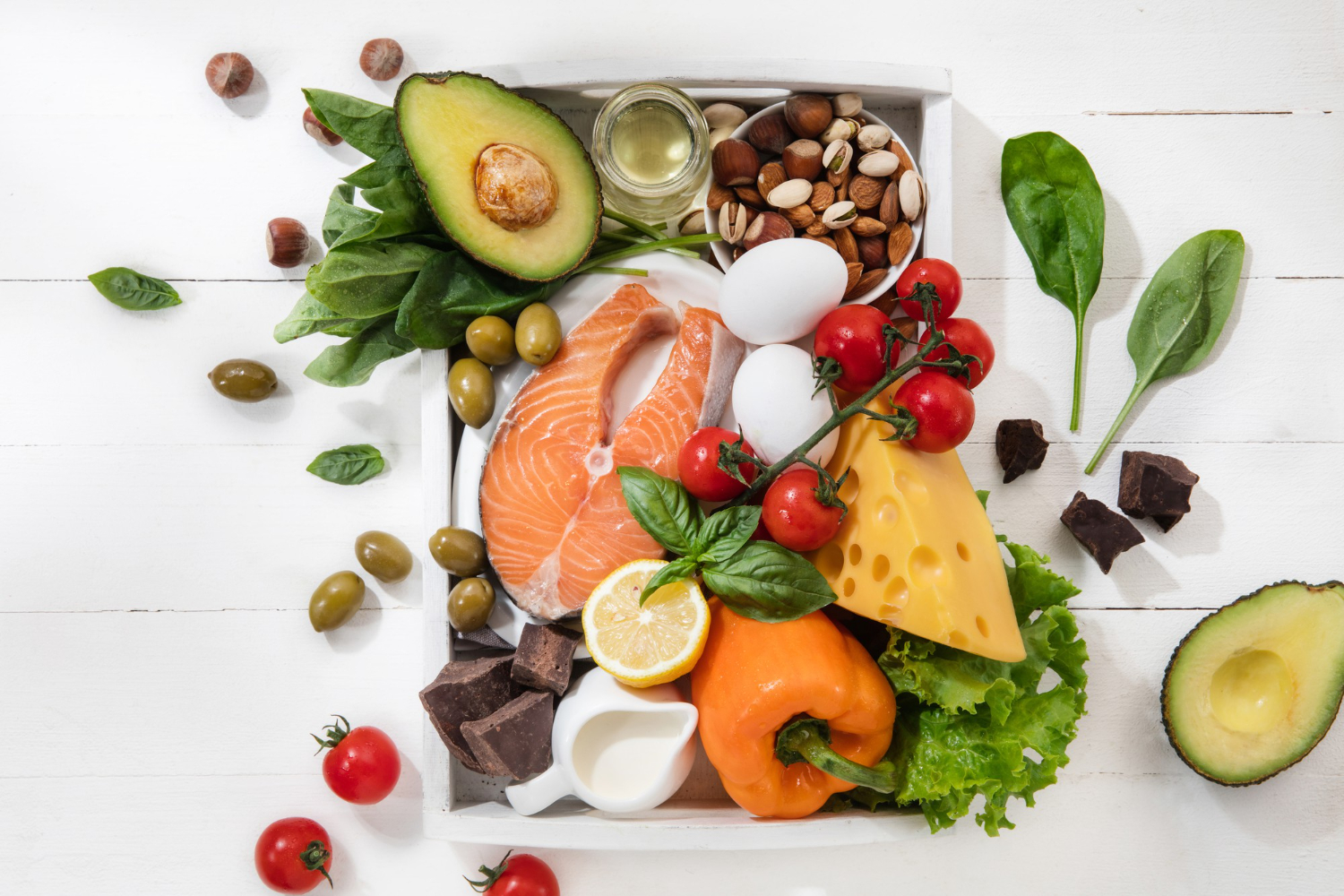Hey there! It’s Jo, your go-to fitness and wellness coach from the heart of Toronto, Canada. Today, we’re diving into an often-overlooked connection in the fitness world—how your diet can actually influence your flexibility. Yep, that’s right! What you eat doesn’t just fuel your workouts; it also plays a big role in how easily you can stretch, bend, and move.
The Science Behind Diet and Flexibility
First, let’s break down the science a bit. Flexibility is all about the elasticity of your muscles, tendons, and ligaments. For these tissues to stretch and move freely, they need to be well-nourished and properly hydrated. This is where your diet comes in. The right foods can reduce inflammation, promote muscle recovery, and improve overall joint health, all of which contribute to better flexibility.
Anti-Inflammatory Foods: Your Flexibility Friends
Inflammation is one of the biggest enemies of flexibility. When your body is inflamed, your muscles and joints can feel stiff and tight, making it harder to stretch. Incorporating anti-inflammatory foods into your diet can help keep this at bay.
•Leafy Greens: Spinach, kale, and Swiss chard are packed with antioxidants and vitamins that fight inflammation and support muscle function.
•Berries: Blueberries, strawberries, and raspberries are rich in antioxidants that help repair muscle tissue and reduce soreness.
•Fatty Fish: Salmon, mackerel, and sardines are loaded with omega-3 fatty acids, which are known for their anti-inflammatory properties. These healthy fats also support joint health, making it easier for you to move and stretch.
Hydration: The Unsung Hero
You’ve probably heard it a million times, but let me say it again—hydration is key! Your muscles are about 75% water, and staying hydrated ensures they remain elastic and less prone to injury. Dehydrated muscles can become stiff and cramp easily, limiting your range of motion.
Pro Tip: Start your day with a glass of water and keep sipping throughout the day. If you’re active, aim for at least 8-10 glasses, or more depending on your level of activity.
Protein: Building Blocks for Recovery
After a good workout or a deep stretch session, your muscles need to recover. Protein plays a crucial role in repairing and rebuilding muscle tissue. This helps your muscles recover faster and stay flexible.
•Lean Meats: Chicken, turkey, and lean cuts of beef provide high-quality protein without excess fat.
•Plant-Based Proteins: Lentils, chickpeas, and tofu are excellent sources of protein for those following a vegetarian or vegan diet.
Magnesium: The Magic Mineral
Magnesium is often called the “relaxation mineral” because it helps your muscles relax and contract properly. A magnesium deficiency can lead to muscle cramps and tightness, which can hinder your flexibility.
•Magnesium-Rich Foods: Incorporate foods like almonds, pumpkin seeds, and bananas into your diet to ensure you’re getting enough of this essential mineral.
Flexibility-Boosting Foods in Action
Here’s a quick sample meal plan that incorporates these flexibility-boosting foods:
•Breakfast: Spinach and mushroom omelette with a side of mixed berries.
•Lunch: Grilled salmon with quinoa and a kale salad, drizzled with olive oil.
•Snack: A handful of almonds and a banana.
•Dinner: Grilled chicken breast with sweet potato and steamed broccoli.
•Hydration: Don’t forget to drink water throughout the day!
Let’s Flex Together!
Remember, what you eat is just as important as how you stretch. A well-balanced diet can make all the difference in achieving and maintaining flexibility. If you want to learn more about how to fuel your body for flexibility and overall fitness, why not book a free session with me? We’ll dive into your goals and create a customized plan that fits your lifestyle.
Let’s fuel your flex and make your fitness journey a fun and successful one!



